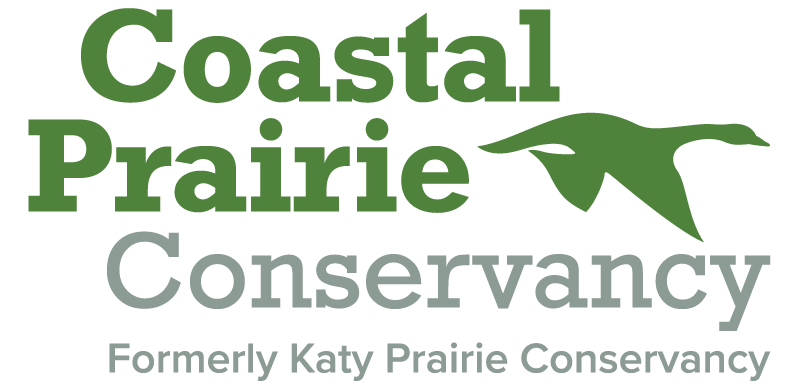Wetlands on the Coastal Prairie: Unsung Heroes Combating Climate Change
Wetlands on the Indiangrass Preserve by Don Pine
With extreme heat surrounding the Houston area and hurricane season underway, many of us are considering how climate change and extreme weather events impact our daily lives. The good news is that positive things are happening right here on the coastal prairie to help combat the damaging effects of climate change!
Did you know that wetlands play a crucial role in mitigating climate change through evapotranspiration? So, what exactly is evapotranspiration, and why should we care? Evapotranspiration is the combined process of water evaporation from the Earth's surface (such as wetlands, lakes, and plants) and transpiration from plants themselves. Wetlands, with their unique ecosystem of vegetation and water, act as natural sponges, absorbing excess rainfall and slowly releasing it through evapotranspiration. This process helps to maintain balance in our local water cycle and provides tangible benefits to our communities.
Wetlands by Ashley Unbehagen
One significant benefit of evapotranspiration is its cooling effect. As water evaporates from wetlands, it takes away a considerable amount of heat, which helps reduce local temperatures. This natural cooling effect can be particularly beneficial in urban areas like Houston, where concrete and asphalt can create "heat islands" that trap and intensify heat. By maintaining wetlands, we not only preserve the beauty of our coastal prairie but also create pockets of cooler air that make our city more comfortable during scorching summer days.
In addition to its cooling effect, evapotranspiration plays a crucial role in maintaining the quality of our air. Through this process, wetlands act as natural filters, removing pollutants from the environment. Wetland vegetation absorbs carbon dioxide, a major greenhouse gas contributing to climate change, while also capturing other harmful substances such as nitrogen and phosphorus. By doing so, wetlands not only combat climate change but also enhance air quality, reducing the impacts of pollution on our health.
Houston is no stranger to severe storms and flooding, and wetlands serve as essential allies in protecting our communities. By absorbing and slowly releasing water through evapotranspiration, wetlands act as natural sponges during heavy rainfall events, reducing the risk of flooding downstream. Preserving and restoring wetlands can help prevent flood damage to our homes, businesses, and infrastructure.
By recognizing the value of wetlands and supporting their conservation, we can take a proactive step in adapting to and mitigating the effects of climate change. So, what can you do to support wetlands and their evapotranspiration benefits? Firstly, you can advocate for the protection and restoration of wetlands within our community. By supporting conservation organizations like the Coastal Prairie Conservancy, you support the preservation of these valuable ecosystems. Additionally, you can promote sustainable practices in our daily lives, such as reducing water consumption, using native plants in our landscaping, and properly disposing of waste to prevent pollutants from entering wetland areas.
As Houston experiences the effects of climate change, including intense storms and flooding rain events, it is crucial to recognize the immense benefits wetlands provide and actively work towards their conservation. Together, we can embrace the power of wetlands and take steps to make our communities more resilient to our changing climate!



